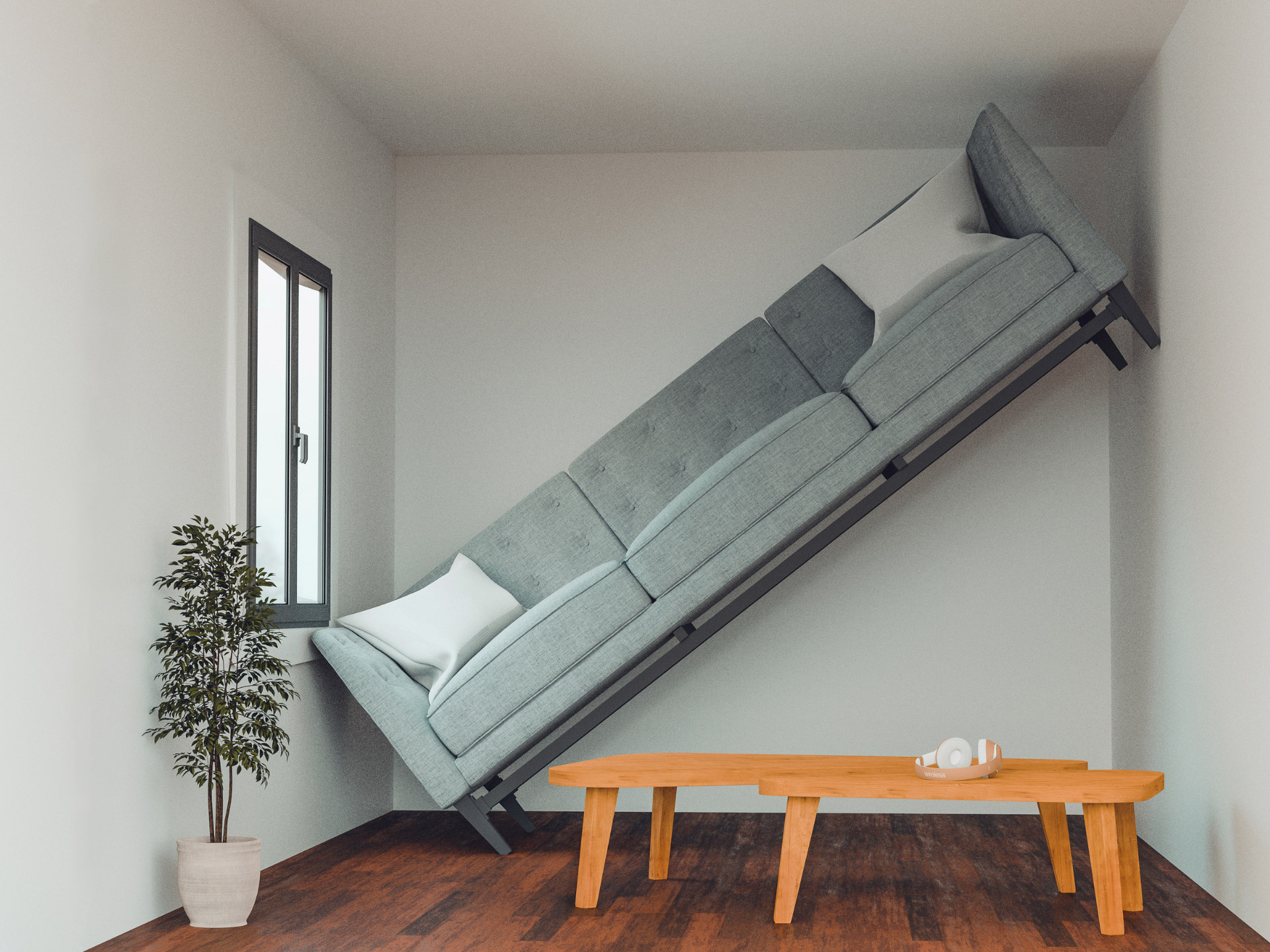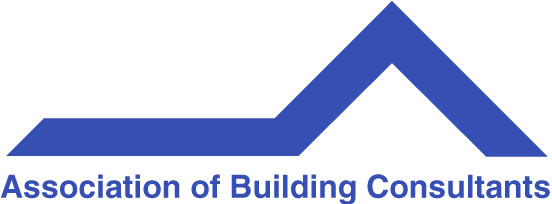The pitfalls in SA's push for green homes

In a bold move towards supposedly greener and more accessible living, the South Australian Government recently announced ambitious plans to implement higher building standards across the State.
While the veneer of sustainability and progressiveness adorns this initiative, the Association of Building Consultants sheds light on the looming pitfalls and burdens that homeowners are set to bear.
Unreasonable burdens on homeowners
The Association is concerned with the financial burden that homeowners are poised to shoulder. The upcoming mandate for a seven-star energy efficiency rating, slated to commence on 1 October 2024, should sound alarm bells. Amongst other things, the directive for costly double-glazing will influence the choice to downsize windows may cripple an already fragile construction industry and put homeowners in a precarious financial position.
The mandated seven-star energy efficiency rating comes with requirements that are likely to place significant strain on homeowners' budgets and could ultimately make home construction or renovation projects less financially feasible.
Development dilemma: sacrificing vacant land
The stringent standards risk turning some vacant blocks primed for development into barren landscapes. The elusive pursuit of the ideal north-south aspect and the requirement for additional insulation between party walls could render much of South Australia's buildable land useless. This not only exacerbates the existing housing shortage but also highlights a severe oversight in the government's vision for sustainable development. Landowners may face limitations in property development options, potentially leading to reduced property values and market competitiveness.
Accessibility standards: a costly affair
While touted as a move towards inclusivity, the push for improved accessibility standards appears to be a double-edged sword. The mandated wider doors, corridors, and step-free access might enhance living conditions for some, but at what cost? The Association fears an inflation in costs for consumers.
Homeowners may find themselves being forced to live in smaller homes, limiting their ability to enjoy spacious and comfortable living areas.
Departure from reason: pressure testing homes
Talk of pressure testing for new homes is a questionable departure from traditional building practices in Australia. The Association questions the practicality and necessity of this measure and is concerned about its impact on construction timelines and costs. This move shows a lack of understanding of the real-world challenges faced by the construction industry. We should be designing for the Australian climate, not for cold countries.
Tailored provisions: Too little, too late?
The South Australian Government's decision for a two-year transitional period and a smattering of exemptions acknowledges the challenges faced by the local construction industry, but the question remains why there is a need to implement such measures without ensuring the industry's readiness? Ultimately, the exemptions may be little more than a band-aid on a self-inflicted wound. Homeowners could experience delays and potential disruptions in construction projects due to industry challenges in adapting to the new requirements.
Call for accountability
While the South Australian Government touts its green initiative, it cannot escape criticism for the impracticalities and burdens it imposes on homeowners and the building industry. A critical re-evaluation of the proposed standards, coupled with genuine collaboration with industry experts, is the need of the hour. The Association of Building Consultants remains steadfast in its commitment to advocate for sensible, realistic, and truly sustainable building practices in South Australia.
The cumulative effect of increased construction costs, reduced living space, and limiting development options may impact property values negatively. The pursuit of ‘building green” may see homeowners facing a serious number of challenges when selling their homes or Mums and Dads realising returns on their property investments.








